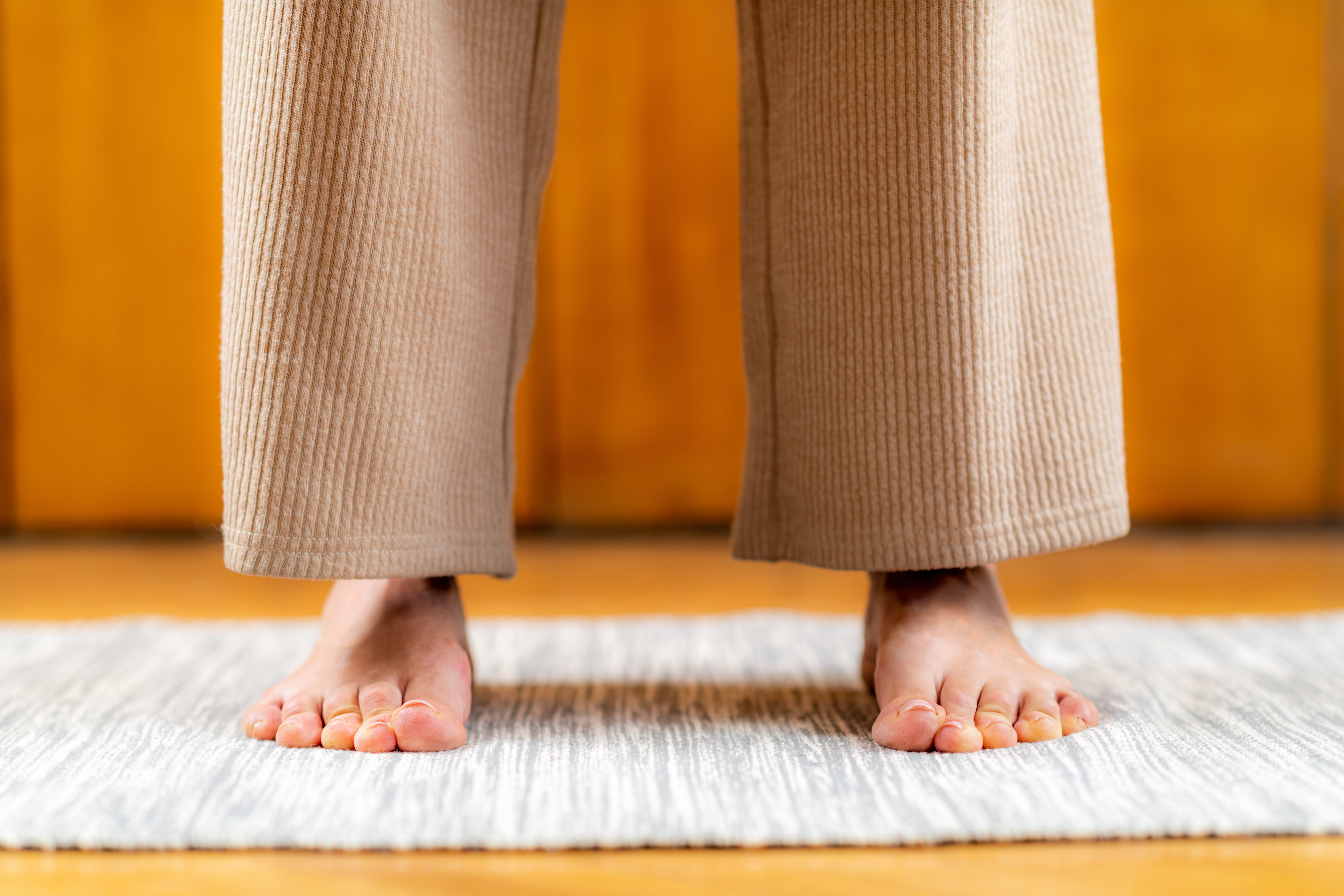11 Mindfulness Tricks to Stop Overthinking in Under 5 Minutes
In our fast-paced world, the mind often becomes a tangled web of thoughts, worries, and stressors, leaving many of us feeling overwhelmed. Overthinking can be a silent saboteur, robbing us of peace and clarity. Yet, there's hope in the ancient practice of mindfulness, a tool that can help us reclaim our mental space and find tranquility. This article delves into 11 powerful mindfulness tricks designed to help you stop overthinking instantly. By integrating these practices into your daily routine, you can cultivate a calmer, more focused mind. Let's explore how you can master the art of calming your mind in mere moments.
1. Understanding Overthinking: The Root of the Problem

Overthinking is more than just a mental habit; it's a chronic cycle that can lead to stress, anxiety, and even depression. When we overthink, our minds become trapped in a loop, endlessly replaying scenarios, analyzing every detail, and worrying about potential outcomes. This mental clutter can be exhausting and unproductive. Understanding the root causes of overthinking—such as fear, insecurity, or a need for control—can help us address it more effectively. By recognizing the triggers and patterns of overthinking, we can begin to break free from its grip and create space for mindfulness to take root.
2. The Science Behind Mindfulness: A Proven Approach

Mindfulness is more than just a buzzword; it's a scientifically-backed practice that has been shown to reduce stress, improve focus, and enhance emotional well-being. When we practice mindfulness, we train our brains to focus on the present moment, which can help interrupt the cycle of overthinking. Research has shown that mindfulness can increase gray matter in areas of the brain associated with learning, memory, and emotional regulation. By understanding the science behind mindfulness, we can appreciate its power and potential to transform our mental landscape, making it an essential tool in our quest to calm the mind.
3. Breathing Techniques: The Foundation of Mindfulness

Breathing is a fundamental aspect of mindfulness and serves as an anchor to the present moment. When we focus on our breath, we create a pause in the stream of thoughts, allowing us to step back from overthinking. Techniques such as deep belly breathing, box breathing, and the 4-7-8 method can help regulate the nervous system, reduce anxiety, and promote relaxation. By incorporating these breathing exercises into your daily routine, you can create a solid foundation for mindfulness, making it easier to calm your mind and stop overthinking in its tracks.
4. Grounding Exercises: Reconnecting with the Present

Grounding exercises are powerful tools for bringing your attention back to the present moment, which is essential for combating overthinking. These exercises involve using your senses to connect with your surroundings, such as feeling the texture of an object, listening to the sounds around you, or focusing on the sensation of your feet on the ground. By engaging your senses, you can disrupt the cycle of overthinking and anchor yourself in the here and now. Grounding exercises can be practiced anywhere and anytime, making them a versatile addition to your mindfulness toolkit.
5. The Power of Visualization: Creating Mental Clarity

Visualization is a mindfulness technique that involves creating vivid mental images to promote relaxation and clarity. By visualizing a peaceful scene or a positive outcome, you can shift your focus away from overthinking and reduce stress. Visualization can also help you reframe negative thoughts and cultivate a more positive mindset. Whether you're imagining a serene beach or a successful presentation, visualization can help you tap into your inner calm and gain a fresh perspective on your thoughts and feelings.
6. Mindful Journaling: Externalizing Your Thoughts

Journaling is a powerful way to externalize your thoughts and gain insight into your mental patterns. By writing down your worries and concerns, you can create distance from them and reduce their hold on your mind. Mindful journaling involves reflecting on your thoughts and emotions with curiosity and compassion, without judgment. This practice can help you identify triggers, recognize patterns, and discover new ways to cope with overthinking. By making journaling a regular habit, you can cultivate greater self-awareness and clarity, paving the way for a calmer mind.
7. Body Scan Meditation: Tuning into Physical Sensations

Body scan meditation is a mindfulness practice that involves systematically focusing on different parts of the body, from head to toe. This technique encourages you to tune into physical sensations and release tension, promoting relaxation and reducing overthinking. By bringing your attention to the body, you can shift your focus away from mental chatter and become more grounded in the present moment. Body scan meditation can also help you develop greater awareness of how stress and emotions manifest in the body, allowing you to address them more effectively.
8. Practicing Gratitude: Shifting Your Perspective

Gratitude is a powerful antidote to overthinking, as it encourages you to focus on the positive aspects of your life. By practicing gratitude, you can shift your perspective from what is lacking to what is abundant, reducing stress and promoting a sense of well-being. Keeping a gratitude journal or taking a few moments each day to reflect on things you're thankful for can help cultivate a more positive mindset. This practice can also enhance your resilience and help you navigate challenges with greater ease, making it an essential component of a mindful lifestyle.
9. Mindful Movement: Engaging the Body and Mind

Mindful movement practices, such as yoga, tai chi, or walking meditation, combine physical activity with mindfulness, helping you connect with your body and calm your mind. These practices encourage you to focus on the sensations of movement, breath, and balance, creating a sense of harmony and presence. Mindful movement can also help release physical tension and improve overall well-being, making it a valuable tool for managing stress and overthinking. By integrating mindful movement into your routine, you can cultivate greater awareness and mindfulness in all aspects of your life.
10. The Role of Acceptance: Embracing What Is

Acceptance is a key component of mindfulness, as it involves acknowledging and embracing your thoughts and feelings without judgment. By practicing acceptance, you can reduce the struggle against unwanted thoughts and emotions, allowing them to pass more freely. This approach can help you break the cycle of overthinking and create space for peace and clarity. Acceptance doesn't mean resignation; rather, it's about recognizing the present moment as it is and responding with compassion and understanding. By cultivating acceptance, you can develop greater resilience and emotional balance.
11. Digital Detox: Creating Space for Mindfulness

In our digital age, constant connectivity can contribute to overthinking and mental clutter. A digital detox involves setting boundaries with technology and creating space for mindfulness and reflection. By reducing screen time and disconnecting from digital distractions, you can create a more peaceful mental environment and focus on what truly matters. A digital detox can also help you develop healthier habits and improve your overall well-being. By incorporating regular breaks from technology into your routine, you can cultivate greater mindfulness and clarity, making it easier to calm your mind.
Embracing Mindfulness as a Way of Life

Mastering the art of calming your mind requires practice and commitment, but the rewards are well worth the effort. By integrating these 11 powerful mindfulness tricks into your daily routine, you can stop overthinking instantly and cultivate a more peaceful, focused mind. Mindfulness is not a quick fix; it's a way of life that can transform your relationship with your thoughts and emotions. As you embrace mindfulness, you'll discover greater clarity, resilience, and well-being, empowering you to navigate the challenges of life with grace and ease.